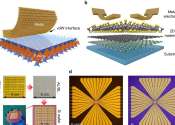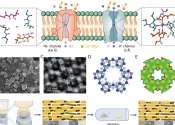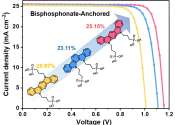Chinese Academy of Sciences
The Chinese Academy of Sciences (CAS) (simplified Chinese: 中国科学院; traditional Chinese: 中國科學院; pinyin: Zhōngguó Kēxuéyuàn), formerly known as Academia Sinica, is the national academy for the natural sciences of the People's Republic of China. It is an institution of the State Council of China, functioning as the national scientific think-tank, providing advisory and appraisal services on issues stemming from the national economy, social development, and science and technology progress. It is headquartered in Beijing, with institutes all over the People's Republic of China. It has also created hundreds of commercial enterprises, Lenovo being one of them.
The Chinese Academy of Sciences has six academic divisions:
The CAS has thirteen regional branches at Beijing, Shenyang, Changchun, Shanghai, Nanjing, Wuhan, Guangzhou, Chengdu, Kunming, Xi'an, Lanzhou, Hefei and Xinjiang.
The CAS has over one hundred institutes, one university (the University of Science and Technology of China at Hefei, Anhui) and one graduate school (the Graduate University of the Chinese Academy of Sciences).
- Website
- https://english.cas.cn/
- Wikipedia
- http://en.wikipedia.org/wiki/Chinese_Academy_of_Sciences
Some content from Wikipedia,
licensed under CC BY-SA









